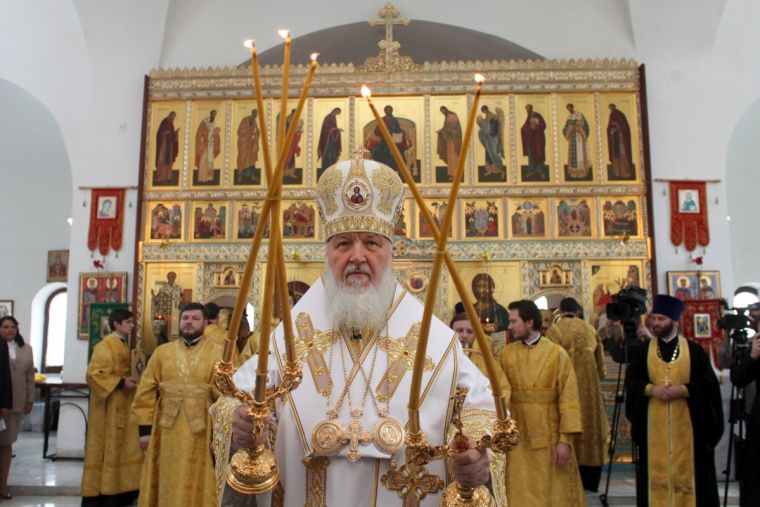Pan-Orthodox Council: Historic summit goes ahead despite Russian withdrawal

A troubled meeting of Orthodox Christian Churches opened in Crete on Sunday, despite the withdrawal of four key Churches which threatened to undermine the historic summit.
Leaders and representatives from 10 autocephalous or self-governing Orthodox Churches held Mass in Heraklion yesterday to mark the beginning of the meeting. The first such gathering since the 8th century, it will continue until June 27.
However, it was marred by dispute ahead of Sunday's opening as the Russian, Antiochian, Bulgarian and Georgian Churches announced they would not be taking part.
The Russian Orthodox Church, which accounts for around half of the world's 250 million Orthodox Christians, called for the council's postponement. Spokesman Metropolitan Hilarion said it was no longer valid: "One church after another declares that it is not participating, which means it is no longer a Pan-Orthodox Council."
Behind the withdrawal are severe tensions in Orthodoxy between modernisers and ultra-conservatives. Some Churches have been fiercely critical of Russian Patriarch Kirill's meeting with Pope Francis in February, while others have expressed concerns about what issues Orthodoxy will concede on in its push for "Christian unity" with other Churches.
According to the BBC, there is also a power-struggle between Russia and the Ecumenical Patriarch of Constantinople, who is considered the "first among equals" in the Orthodox Church.
Ongoing tensions between Russia and Ukraine also added to the disputes.
Ahead of the gathering, more than 1,000 Orthodox scholars urged the primates to hold the meeting despite the withdrawals.
"We believe that there are no insurmountable difficulties to beginning the Council in June, despite the significant questions that have been raised regarding the drafts of the conciliar documents and conciliar proceedings," a letter said.
"Nobody can expect the Council to settle all important questions and to heal all jurisdictional disputes in 10 days. But we hope that this Council will be a beginning of the healing process and that it will usher in a new era of global conciliarity and unity... The Holy and Great Council occasions an opportunity to commence a new phase of Orthodox witness. As the eyes of the whole world are upon the Orthodox Church, we beseech all of our leaders to hear the Spirit's call to conciliar unity."











